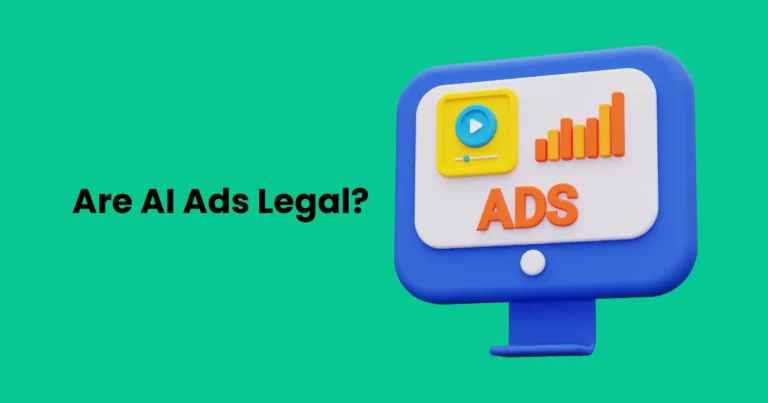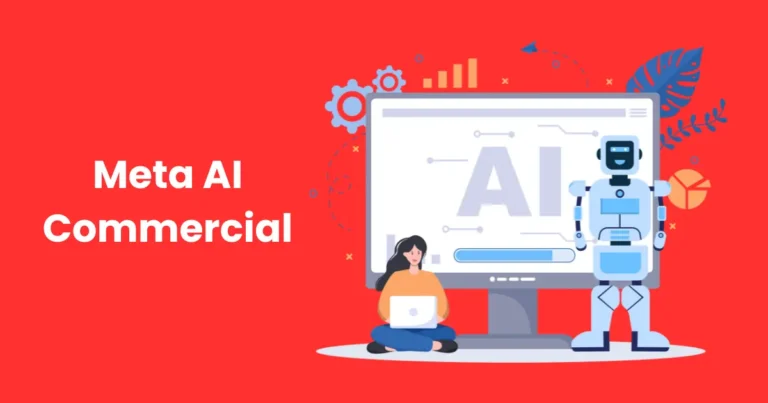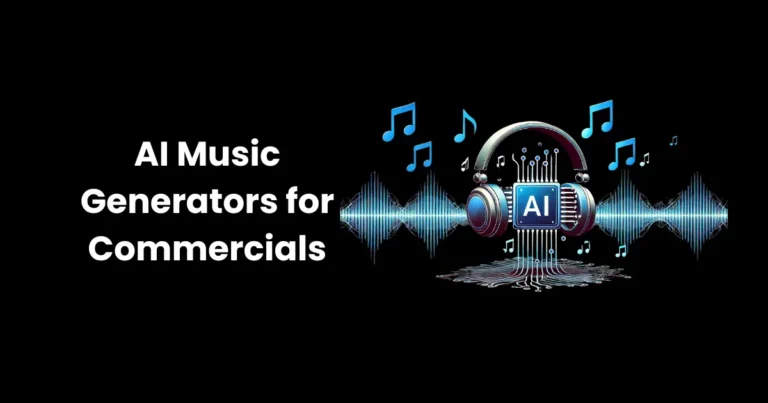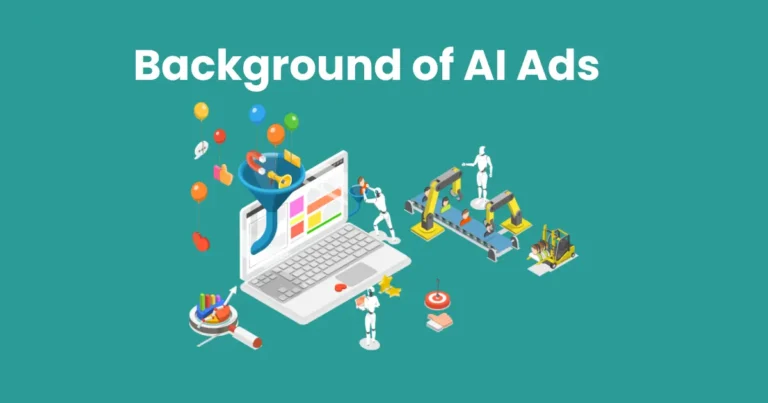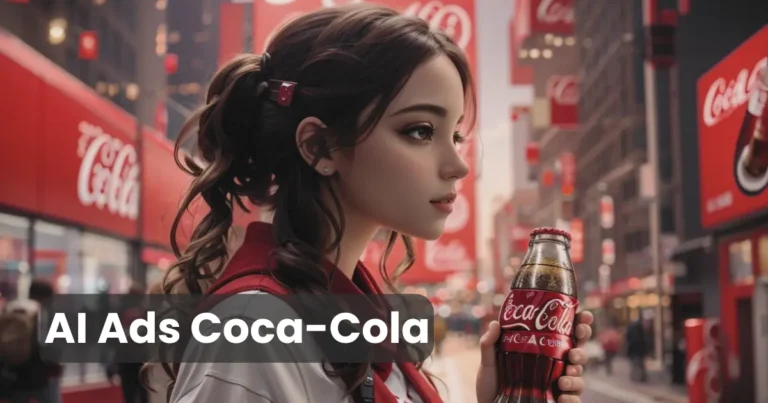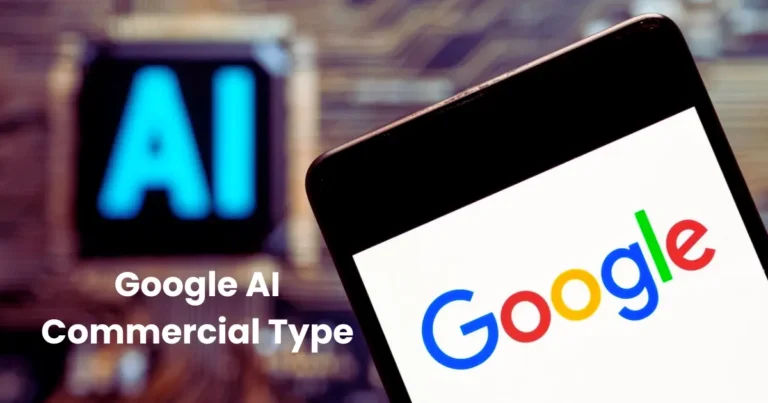AI as Tribal Magic: Exploring Its Mystical Power
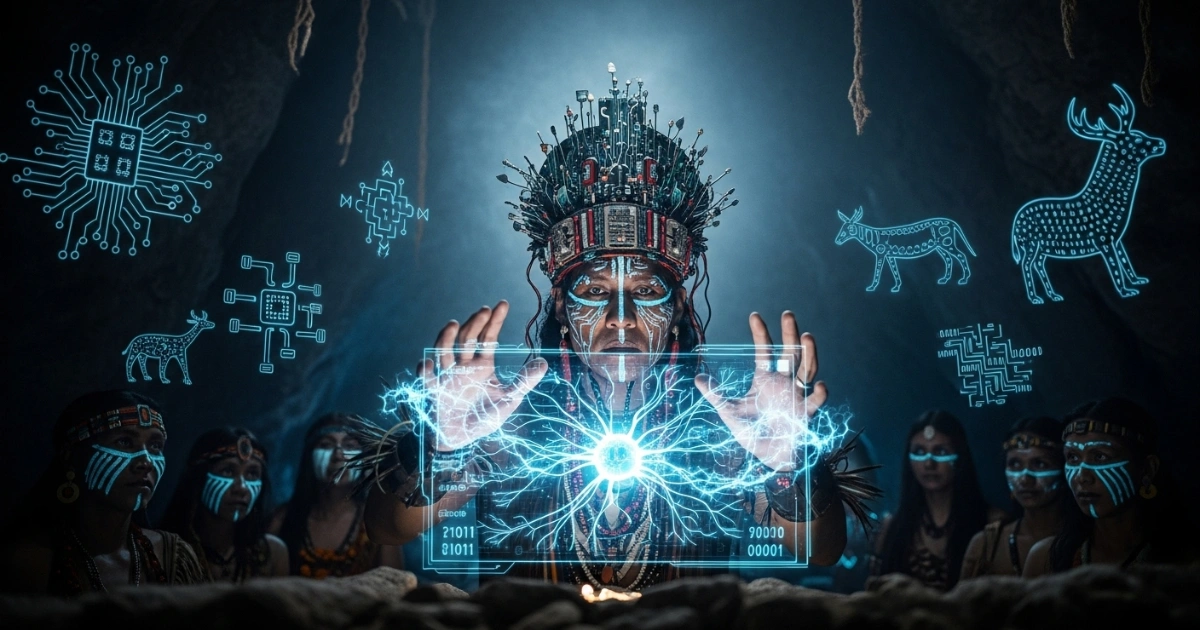
Contents
Artificial intelligence, often perceived as AI as tribal magic, captivates our imagination with its seemingly supernatural abilities. Much like ancient tribal rituals that invoked unseen forces, AI conjures solutions from vast data realms, blending science with a touch of mystique. This article delves into the parallels between AI and ancient tribal magic, exploring how AI’s transformative power reshapes industries, societies, and ethical landscapes. By examining its historical roots, modern applications, and future potential, we uncover why AI feels like a modern-day enchantment. Let’s embark on this journey to demystify AI’s magic while maximizing its potential for good.
The Historical Roots of AI and Tribal Magic

Ancient Tribal Magic: A Foundation of Belief
Tribal magic, practiced by ancient societies, was a way to explain the unexplainable. Shamans and elders used rituals, symbols, and chants to influence nature or predict outcomes, creating a sense of control over chaotic environments. For instance, rain dances or healing ceremonies harnessed collective belief to achieve tangible results. Similarly, AI as tribal magic taps into our desire to master the unknown, using algorithms instead of incantations to predict and shape the future.
The Birth of AI: From Myth to Machine
The concept of AI traces back to early human fascination with automating thought. In the 1950s, pioneers like Alan Turing laid the groundwork for machines that mimic human reasoning. Turing’s question, “Can machines think?” sparked a revolution, much like a tribal elder’s vision quest. Over decades, AI evolved from simple rule-based systems to neural networks capable of learning from data. This progression mirrors how tribal magic refined rituals through generations, adapting to new challenges.
Parallels Between AI and Tribal Rituals
Both AI and tribal magic rely on patterns and belief. Tribal shamans interpreted natural signs to guide decisions, while AI processes data to uncover insights. For example, a shaman might read animal migrations to predict weather, just as AI analyzes climate data for forecasts. Moreover, both inspire awe and skepticism. While tribal magic faced doubts about its efficacy, AI’s “black box” algorithms raise questions about transparency. Thus, AI as tribal magic bridges ancient trust in the mystical with modern reliance on technology.
The Modern Manifestation of AI as Tribal Magic

AI’s Role in Transforming Industries
Today, AI’s magical aura shines across industries. In healthcare, AI-powered diagnostics detect diseases with unprecedented accuracy. For instance, Google’s DeepMind predicts eye conditions from retinal scans, saving countless patients from blindness. In finance, AI algorithms analyze market trends faster than any human, enabling traders to make split-second decisions. Retail giants like Amazon use AI to recommend products, creating a personalized shopping experience that feels almost clairvoyant. These applications demonstrate how AI as tribal magic delivers results that seem miraculous yet are grounded in data.
The Cultural Perception of AI
Society often views AI with a mix of wonder and fear, much like ancient tribes regarded their shamans. Movies like Ex Machina portray AI as a god-like entity, capable of creation and destruction. Meanwhile, public discourse oscillates between celebrating AI’s potential and fearing job losses. According to a 2023 Pew Research study, 52% of Americans worry about AI’s societal impact, yet 66% believe it will improve healthcare. This duality reflects the tribal mindset: reverence for the power of AI as tribal magic, tempered by caution about its unknowns.
Ethical Concerns and the “Black Box” Mystery
AI’s opacity fuels its magical perception. Neural networks, like ancient oracles, produce results without fully revealing their inner workings. This “black box” nature raises ethical questions. For example, biased AI systems can perpetuate discrimination in hiring or policing if trained on flawed data. In 2020, Amazon scrapped an AI recruitment tool that downgraded female candidates due to biased training data. Addressing these issues requires transparency and accountability, ensuring AI as tribal magic serves humanity without harm.
The Mechanics Behind AI’s “Magic”

How AI Works: Demystifying the Algorithms
At its core, AI processes data through algorithms to make decisions or predictions. Machine learning, a subset of AI, enables systems to learn from experience. For instance, a spam filter improves by analyzing emails you mark as spam. Deep learning, inspired by human brain structure, powers complex tasks like image recognition. These mechanics, while sophisticated, are not magic but mathematics. By understanding these processes, we can harness AI as tribal magic with clarity and purpose.
Data: The Fuel of AI’s Power
Data is the lifeblood of AI, much like offerings were to tribal rituals. The more data AI processes, the more accurate its predictions. For example, Netflix’s recommendation engine analyzes billions of viewing hours to suggest shows tailored to your taste. However, data quality matters. Poor or biased data leads to flawed outcomes, reinforcing the need for ethical data practices. Thus, AI as tribal magic depends on the purity of its “offerings” to deliver meaningful results.
The Role of Human Oversight
Despite its power, AI requires human guidance. Developers train models, set parameters, and monitor outputs to ensure accuracy. Without oversight, AI can amplify errors or biases. For instance, in 2016, Microsoft’s AI chatbot Tay learned toxic behavior from online interactions, forcing its shutdown. Human intervention ensures AI as tribal magic aligns with societal values, preventing unintended consequences.
The Future of AI as Tribal Magic

Advancements on the Horizon
AI’s evolution promises even greater wonders. Quantum computing could accelerate AI’s processing power, enabling breakthroughs in drug discovery or climate modeling. Meanwhile, generative AI, like ChatGPT, creates content indistinguishable from human work, blurring the line between machine and creator. These advancements position AI as tribal magic as a catalyst for solving global challenges, from curing diseases to mitigating climate change.
Ethical and Societal Implications
As AI grows, so do its ethical challenges. Ensuring fairness, privacy, and accountability will be critical. Governments and organizations must establish regulations to govern AI use. For instance, the EU’s AI Act, proposed in 2021, aims to set global standards for ethical AI. By addressing these concerns, we can ensure AI as tribal magic remains a force for good rather than a source of harm.
AI’s Role in Human Evolution
AI could redefine what it means to be human. By augmenting our abilities, it enables us to focus on creativity and empathy—qualities machines cannot replicate. For example, AI-powered prosthetics restore mobility, while virtual assistants free up time for meaningful tasks. As AI as tribal magic integrates into our lives, it could elevate humanity to new heights, much like tribal rituals united communities in pursuit of shared goals.
Practical Applications of AI in Everyday Life

AI in Personal Productivity
AI tools like Grammarly or Notion enhance productivity by automating repetitive tasks. Grammarly corrects writing in real-time, while Notion’s AI organizes projects with ease. These tools act like personal shamans, guiding us through daily challenges. By leveraging AI as tribal magic, individuals can achieve more with less effort.
AI in Education and Learning
Education benefits immensely from AI. Platforms like Duolingo use AI to tailor language lessons, adapting to each learner’s pace. Similarly, AI tutors provide personalized feedback, making education accessible to millions. This transformative power underscores AI as tribal magic as a tool for empowerment.
AI in Entertainment and Creativity
AI reshapes entertainment by creating music, art, and stories. Tools like DALL-E generate stunning visuals from text prompts, while AI-composed music graces film scores. These creations, once the domain of human artists, highlight how AI as tribal magic amplifies creativity, making the impossible possible.
Overcoming the Fear of AI’s “Magic”

Addressing Misconceptions
Fear of AI often stems from misunderstanding. Many worry AI will replace jobs or become uncontrollable. However, history shows technology creates new opportunities. For example, the Industrial Revolution displaced weavers but birthed new industries. Educating the public about AI’s mechanics can dispel myths, ensuring AI as tribal magic is embraced, not feared.
Building Trust Through Transparency
Transparency is key to building trust in AI. Companies must explain how AI systems make decisions, especially in sensitive areas like healthcare or criminal justice. Initiatives like Explainable AI (XAI) aim to make algorithms understandable, reducing the mystique of AI as tribal magic and fostering confidence.
Encouraging Responsible AI Development
Responsible AI development requires collaboration between technologists, policymakers, and communities. Ethical guidelines, like those from IEEE, emphasize fairness and accountability. By prioritizing these values, we can ensure AI as tribal magic serves humanity’s best interests.
Conclusion
AI as tribal magic captures the awe and mystery of a technology that transforms our world. From its historical roots to its modern applications, AI mirrors the rituals of ancient tribes, blending science with a touch of enchantment. As we navigate its ethical challenges and embrace its potential, AI can empower humanity to solve pressing problems and unlock new possibilities. By understanding and responsibly harnessing AI as tribal magic, we can shape a future where technology and human ingenuity unite for the greater good. Let’s wield this modern magic wisely, ensuring it benefits all.

